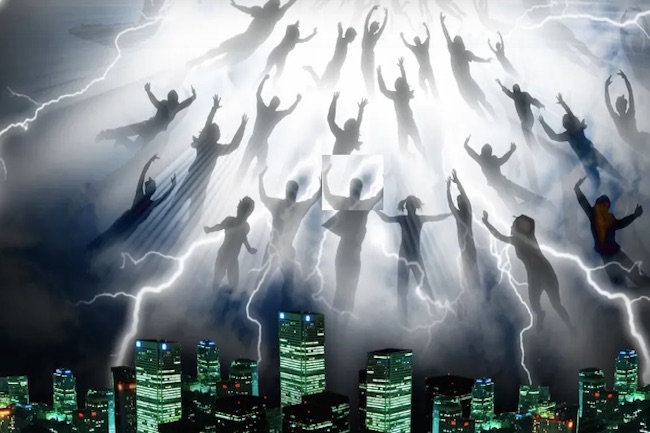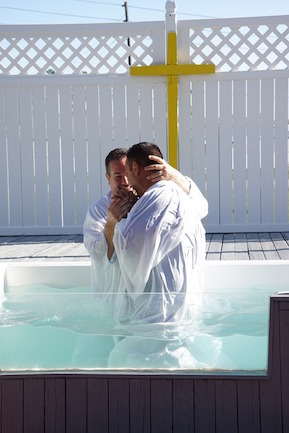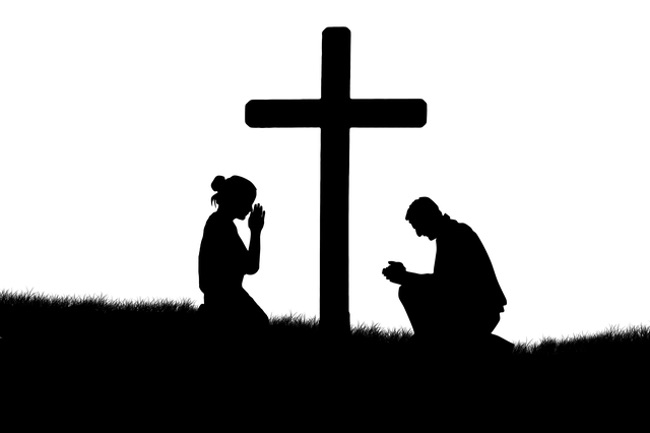Only Biblical Peacemaking Resolves Racial and Political Injustice by for Christianity Today
No other group is better situated to bring healing to this land than the church.
aith, race, and politics were front and center in Georgia’s US Senate runoff. Raphael Warnock, the current pastor of Martin Luther King Jr.’s home church, won a historic election, during which his sermons and social activism were called into question. White evangelicals were appalled by Warnock’s pulpit rebukes of police brutality and militarism. Senator Marsha Blackburn tweeted a snippet of a sermon and said, “Warnock’s radical, anti-American views are disqualifying” and that he should withdraw from the race. Conversely, while many black Christians wouldn’t defend his pro-choice platform (among other secular progressive stances), a lot of us certainly agreed with the assertion that the Bible has something to say about racial injustice. In his book Reading While Black, Esau McCaulley says the “call for individual and societal transformation” is the mainstream black ecclesial tradition. Consequently, the election highlighted the sociopolitical divide between white evangelicals and the black church.
These two groups share the Great Commission but couldn’t be further apart socially. The American church may never agree on partisan affiliation, but what must we agree on in regard to racial justice? The Bible doesn’t make burrowing further into our ideological nests or putting our faith in politicians an option (John 13:34–35). Biblically speaking, what should be our tone and actions when it comes to race and politics?
Support Our Site

Now is your chance to support Gospel News Network.
We love helping others and believe that’s one of the reasons we are chosen as Ambassadors of the Kingdom, to serve God’s children. We look to the Greatest Commandment as our Powering force.
In 2020, the pandemic forced Americans to distance ourselves physically. Our politics, identities, and worldviews forced us further apart too. We watch the same occurrences and walk away not only with different opinions, but with a different set of facts. And yet, through social media, we’ve bridged our divides just enough to antagonize one another. We make an extra effort to remind those who voted differently that they’re never right and they’re responsible for every wrong. As a new Pew Research Center study revealed, we see little common ground or common cause—even when faced by a deadly virus that does not discriminate.
Not satisfied with giving up on each other, America’s ideological tribes are resolved to punish each other at every intersection. Winning isn’t enough. We must rob every semblance of joy and worth. Even some Christians, abandoning the virtue of charity, choose to believe everything the other side does is meant to harm, deceive, or control them. Civil dialogue and political compromise are left to the naïve. But in this time of great division and belligerence, the church must choose the opposite reaction. We must be peacemakers, especially when it comes to race and politics. But what exactly is peace, and how do we make it?




